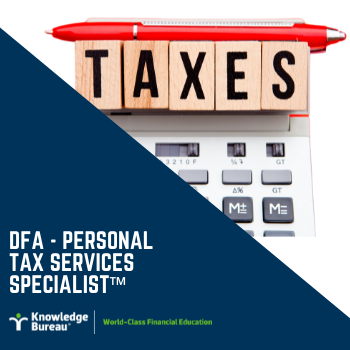
From RESP to RRSP – An Important Tax Strategy
Congratulations! It’s with great pride that families recently celebrated their university graduates; accolades so well deserved! There are a few things to consider about tax rules as the glasses are raised and grad caps fly. New tax rules, for example, provide a new RRSP opportunity few know about.
The definition of earned income for RRSP purposes – which determines the maximum amount you can add to an RRSP each year, has been changed to benefit researchers in particular. Now, income received to conduct research, in particular if it does not lead to a college diploma, a university degree or qualify for a scholarship exemption, can be treated as earned income for  RRSP purposes.
RRSP purposes.
Essentially, that means that students who qualify for a postdoctoral fellowship will be able to include these amounts as earned income for RRSP purposes.
The rules apply to the 2021 and subsequent tax years, but if you missed it, there is more good news. The CRA will allow an individual to make an adjustment to earned income for fellowship income received in the 2011 to 2020 tax years, as long as the election is made before 2026. RRSP contribution limits will be increased after the election is filed.
This is great news for eligible students because they will have the opportunity to increase RRSP savings, which can reduce taxes payable, increase access to tax credits and provisions like B.C.’s Low Income Climate Action Tax Credit. Money saved within the RRSP accumulates on a tax deferred basis, too, and if required, money can be withdrawn tax free under the RRSP Home Buyers of Lifelong Learning Plan too.
It's a lot to take in, but it’s all good news. Be sure to speak to graduates about these important tax strategies, and ensure that financial advisors, tax accountants and taxpayers alike are on the same page with these opportunities.
Additional educational resources: Help Canadians access tax benefits and programs that aid in their financial security. Earn new specialized credentials as a DFA-Personal Tax Services Specialist.
